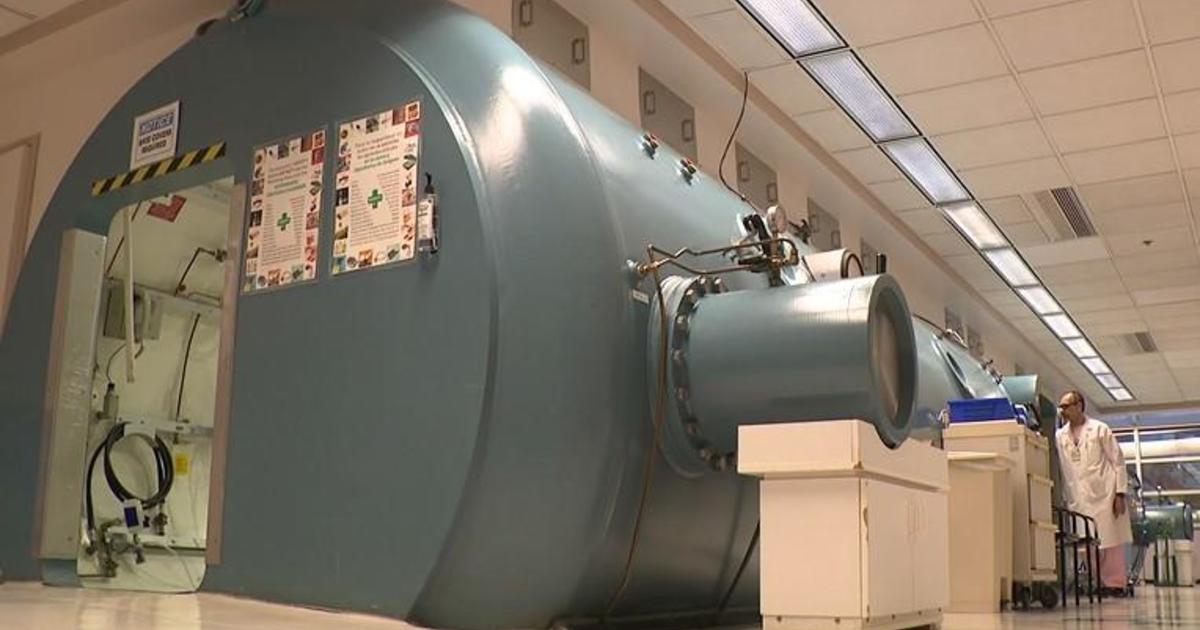An Epidemic In The Shadow OF A Pandemic: Drug Overdose Deaths Reach An All-Time High In U.S.
(CNN) -- "I just screamed and cried. I knew my brother was gone."
Michelle Branch lost her brother, Craig Elazer, on September 1, 2020, to a fentanyl overdose. He had been receiving support for his addiction, which he had struggled with since he was 12, but a changed world due to the coronavirus pandemic ultimately led to his untimely death.
Branch's loss is one of tens of thousands in 2020. More than 93,000 people died from a drug overdose last year, according to provisional data from the US Centers for Disease Control and Prevention's National Center for Health Statistics.
This means that 2020 was the deadliest year on record for drug overdoses.
"It's terrible news," said Dr. Joshua Sharfstein, vice dean for public health practice at the Johns Hopkins Bloomberg School of Public Health and a former deputy commission at the US Food and Drug Administration.
"We've had such a devastating year from the pandemic, and on top of that, a record number of Americans dying of drug overdose."
Elazer's struggle with addiction lasted most of his life. He would mainly use alcohol, but he would also use other drugs to self-medicate his anxiety. He had gone in and out of rehabilitation centers, though nothing seemed to stick.
Elazer was released from prison "smack dab in the middle of Covid," his sister said, and despite the national trend of job loss, he managed to find work caring for their disabled cousin and find a place to live in the "terrible part of St. Louis."
While he had been participating in Alcoholics Anonymous and was doing a two-step program, restrictions limiting in-person gatherings forced support groups online, and funding dried up for other support programs.
Elazer was not familiar with how to use current technology to access online support groups, which made getting help nearly impossible for him. He stopped going to AA meetings and eventually slipped back into alcohol and drug abuse.
On the night that claimed his life, he most likely thought he had purchased Xanax, his sister said. But what he had purchased -- and ended up using -- was actually fentanyl.
After trying and failing to contact Elazer all evening, Branch and her cousin sent her cousin's son to find out what had happened. The front door to Elazer's apartment had a mail slot where the son could see Elazer's legs on the ground, where he lay motionless. He called an ambulance, but it was too late.
Branch received a call from their cousin that night saying Elazer was "gone."
"I just couldn't comprehend that. And I was like, 'Gone where?' And she says, 'Shelly, I think he's gone.' "
'An all-time high to a new all-time high'
Overdose rates have been increasing since 1999, according to the NCHS. In 2019, there were 70,630 deaths, and compared with that year's rate, deaths in 2020 increased by almost 30%.
"It's a major increase from an all-time high to a new all-time high," said Sharfstein. "And it just reflects so much tragedy, suffering ... and each death is surrounded by a circle of trauma.
"People that cared about that person, their family, their loved ones, their friends. So the impact overall is devastating."
Sharfstein also cited the Covid-19 pandemic as a reason for overdose deaths spiking in 2020. The pandemic caused a swath of "grief, trauma, economic and social dislocation," he said. People who may have been recovering from an addiction, or had never used drugs at all, might find themselves in dire circumstances. Perhaps they had a loved one pass away, or they may have lost their job. Sharfstein says these risk factors may push someone to use drugs.
The statistics are grim, but there are measures that can be taken to mitigate the damage.
Sharfstein is calling for another comparison to Covid-19, but in this case, a comparison of the urgency and inventiveness of response efforts.
He stressed that tracking the problem is an important step in addressing it, and noted that while data collection efforts were robust with "maps every day, we knew how many new cases, who got the new cases, who's getting tested, who's getting vaccinated," data collection for overdoses hasn't been as urgent.
"Here we are in July, and we're just getting the data for 2020," he said. "We can do a lot better with data and use that data, just like we did with Covid, to focus our energy on the populations, the groups and the areas that need the most attention."
Medical treatment strategies that rose to prominence over the course of the pandemic may also be used to address the overdose crisis. For example, telemedicine use skyrocketed over the pandemic, and Sharfstein thinks telemedicine could play an important role in addressing addiction-related health disorders.
Sharfstein thinks cases of overdose deaths may decline as the country moves into a less urgent phase of the pandemic. However, he stresses that any improvement does not mean that the problem has fixed itself, and that current resources are "not sufficient."
"A major priority for 2021 is going to be to follow the evidence to do the same thing we did with Covid," he said. "Use science, use evidence, use compassion, and get the treatments and supports to people who need them."
For Branch, there is no bringing her brother back. But after he passed away, "a calm came over me. Because he's free."
The-CNN-Wire
™ & © 2021 Cable News Network, Inc., a WarnerMedia Company. All rights reserved.



